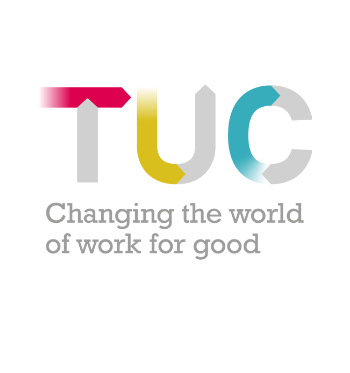Disability employment and pay gaps 2018
- The UK has a persistent disability employment gap which is currently over 30 percentage points
- People with different impairments experience different levels of access to the jobs market
- Disabled people earn less than non-disabled people
- The pay gap has many causes, but one of them is part-time work
- Disabled workers are more likely than non-disabled workers to be employed in a lower paid occupation
- The pay gap can be linked to lower educational attainment, but this does not alone explain the gap
- Disabled women face the largest pay gap, which is even larger than the gender pay gap faced by non-disabled women
This report looks primarily at the disability pay gap, the difference between the average hourly pay of disabled and non-disabled people, using the Equality Act (EA) definition. We also consider the disability employment gap, which is the difference between the employment rates of Equality Act (EA) disabled and non-disabled people.
Disability remains a significant barrier to gaining and staying within employment. But this report shows that disabled people face double discrimination. They are less likely to have a paid job but even when they do, disabled people earn substantially less than their non-disabled peers.
Policy Recommendations
Government and employers must take steps to ensure that disabled people who want to work are able to do so, and to address the pay gap for disabled workers. Below we set out key policy recommendations for change.
The government should consult on the introduction of a statutory requirement for employers to report on their disability pay gaps and employment rates, which must be accompanied by targeted action plans identifying the steps employers will take to address any identified gaps, including ensuring employees with hidden disabilities feel able to disclose their disability. These action plans must be produced in consultation with recognised trade unions.
The government must publish statistical information on the scale of the disability pay gap to increase awareness of the gap. This information should be for full-time and part-time workers, broken down by gender, region and occupational groups.
The statutory right to request flexible working should be extended to become a day one right for all jobs.
The government must ensure Access to Work is funded appropriately so all eligible people can access their full entitlement. In addition, they must remove the cap on how much can be claimed which currently prevents many deaf people and those with high-level needs from accessing appropriate support.
Cuts to disabled people’s financial support (Employment and Support Allowance (ESA) and Personal Independence Payment (PiP)) should be stopped and reversed. These cuts make it harder for disabled people to survive and even harder to move towards accessing work.[1]
Employers should consult with disabled staff and their trade unions on the best way to remove barriers and address the disability employment and pay gaps, in keeping with the notion that disabled people themselves should be able to determine the solutions to the issues they face. Employers should also consult and work closely with recognised trade unions.
Employers must do more to meet their Equality Act obligations to put in place reasonable adjustments for disabled workers. This can involve removing physical barriers to employment and/or providing extra support for a disabled worker.
Employers should record time off because of a disability separately from non-disability sick leave. This would recognise the fact that some disabled people may have different and higher forms of sickness absence.
Employers should advertise more jobs on a flexible and/or part-time basis regardless of seniority/grade/level.
[1] A comprehensive list of TUC policy recommendations relating to disabled people’s benefits and employment programmes is contained in our earlier report, Disability and employment: a social model study of the employment experiences of disabled people in Great Britain, with a focus on mental illness https://www.tuc.org.uk/sites/default/files/DisabilityandEmploymentReport.pdf.
Stay Updated
Want to hear about our latest news and blogs?
Sign up now to get it straight to your inbox

